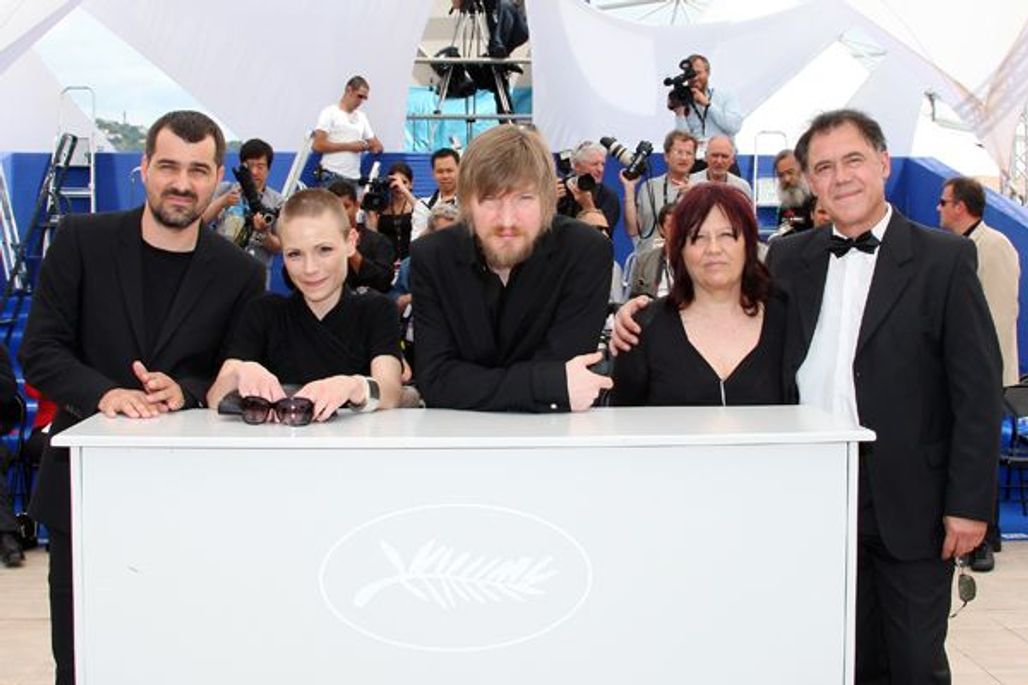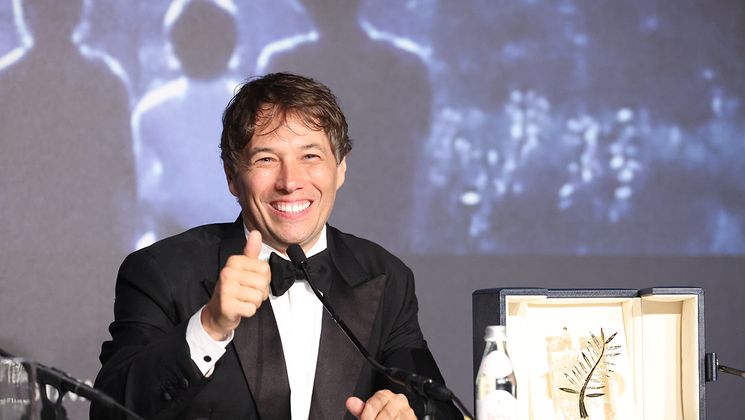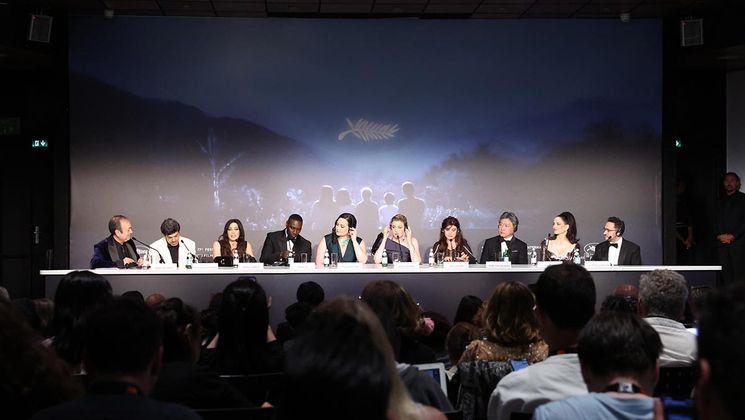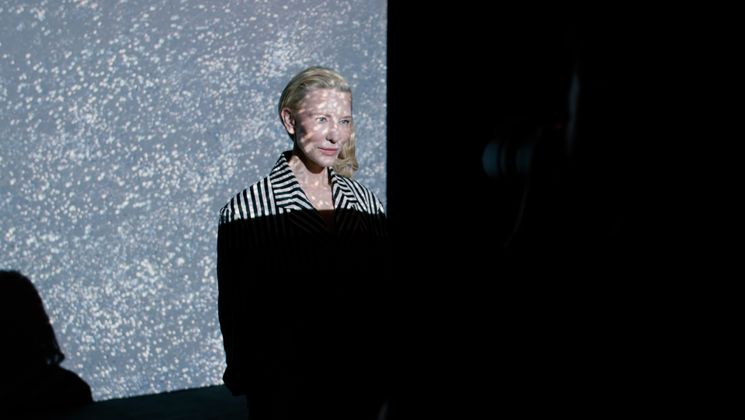
Press Conference: “Delta”

For the in-Competition presentation of their feature Delta, Hungarian director Kornél Mundruczó, scriptwriter Yvette Biró, and producer Viktória Petrányi, along with actors Orsi Tóth and Félix Lajkó, fielded questions from the journalists. Highlights follow:
Kornél Mundruczó on the importance of the landscape in the film: “In fact, it was the landscape, above all, which inspired me in making this film… First of all, the physical side, the material side, and secondly, the symbolic aspect. I wouldn’t talk about stylization. It’s not something like a desert or a mountain landscape… This is perhaps the element that is shared by all my three films: I look at a very limited microcosm, in fact, a very small world; here, I focus on a family problem. I always have to find the right place, the right location, in which I can create this microcosm, this mini-universe.”
Kornél Mundruczó on why the characters have no names: “In one version of the screenplay, there were names for the characters, but I didn’t have to fix them; we didn’t actually use the names in the film.”
Kornél Mundruczó on the paucity of dialogue: “In Johanna, this is almost a silent film, too. It’s in fact very similar to an opera… What was important was first of all the landscape, and all the elements it contains, and then, of course, there’s the dialogue. It’s not so much the dialogue that gives you information. Everything should be expressed by the images… In fact, my cinematographer and I created the language of the film, the style of the film… based on very short pan movements, very short traveling movements of the camera, and then the lighting is mostly natural lighting – normal sunlight.”
The actors, on their work on the film:
Orsi Tóth:
“Kornél didn’t ask me to play a part. He asked me to be “present” in this film. It doesn’t make very much difference whether I speak or not.”
Félix Lajkó:
“It was the first time I had the lead role in a film. The starting point was precisely the fact that I’m somebody who doesn’t speak very much. Kornél has decided that the part evolved in that direction because of my characteristics.”
Kornél Mundruczó on cuts he made in the film:
“I come from a theatrical background, and I’m convinced that it’s in fact the audience which determines whether the film works or not. The film was screened in Hungary in February and since then, we’ve cut five to ten minutes out of it, because I felt during those first screenings that there was a certain ambiguity in the film. We needed to remove that to ensure that the film would work properly, and this is what led to the final version. We did quite a lot of work on the sound track. We probably changed about 60% of the sound track. We did a lot of work, for about two months, in the studios before reaching this final version.”


